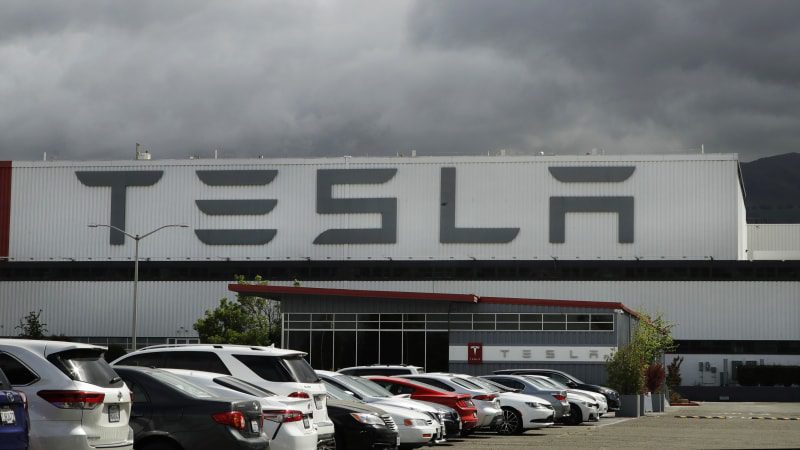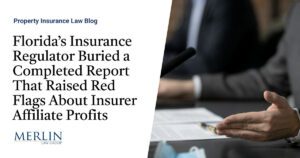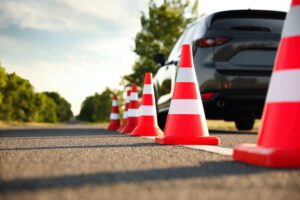Tesla faces new race bias trial from employee who had $137 million verdict slashed

A trial kicks off in San Francisco federal court on Monday to determine how much money Tesla must pay to a Black elevator operator who a jury determined was subjected to severe racial harassment while working at the electric auto maker’s flagship assembly plant.
The trial is scheduled to last five days. Last year, a judge slashed the $137 million verdict that the jury awarded in 2021 to plaintiff Owen Diaz, one of the largest ever in a U.S. workplace discrimination case. Diaz’s lawyers rejected the lower payout and opted for a new trial on damages.
After the 2021 trial, U.S. District Judge William Orrick agreed with a jury that Tesla was liable for race discrimination but cut the verdict to $15 million. Orrick is also presiding over this week’s trial, and has barred both sides from presenting new evidence or calling new witnesses.
As at the last trial, Diaz and several employees and managers at the Fremont, California plant are expected to testify.
In his 2017 lawsuit, Diaz accused Tesla of failing to act when he complained to managers that employees at the factory frequently used racist slurs and scrawled swastikas, racist caricatures and epithets on walls and workstations.
Diaz sued Tesla for causing him emotional distress under a California law prohibiting employers from failing to prevent hostile work environments based on race and other protected traits.
The jury in 2021 awarded Diaz nearly $7 million in compensatory damages for emotional distress, and $130 million in punitive damages, designed to punish unlawful conduct and deter it in the future.
Orrick last year reduced the compensatory damages to $1.5 million and the punitive damages to $13.5 million. He said that sum acknowledged the pervasive harassment Diaz faced while reflecting that he had worked at the factory for only nine months and had not alleged any physical injury or illness.
Employment discrimination cases rarely yield verdicts of more than $1 million, let alone nine-figure sums. The U.S. Supreme Court has said punitive damages typically should be no more than 10 times compensatory damages.
Lawrence Organ, a lawyer for Diaz, said he hoped the new jury would return a larger verdict than the $15 million award offered by Orrick and convince the judge higher damages are warranted.
“Tesla is focused on trying to get that number to zero,” Organ said, “but that’s a very cynical view to have a Black man racially harassed and suggest that is not worth a lot of money.”
Tesla has said it does not tolerate discrimination, and its lawyers did not respond to requests for comment. The company had urged Orrick to reduce the original jury award to no more than $600,000.
Tesla also faces claims of tolerating widespread race bias at the Fremont plant in a class action in California state court and a separate lawsuit by the state’s civil rights watchdog making similar allegations. Both cases are still in early stages.
The outcome of Diaz’s trial will not directly affect those lawsuits or other court cases, but could encourage workers to file new lawsuits against the company as it battles mounting challenges to its dominance of the electric car market.




